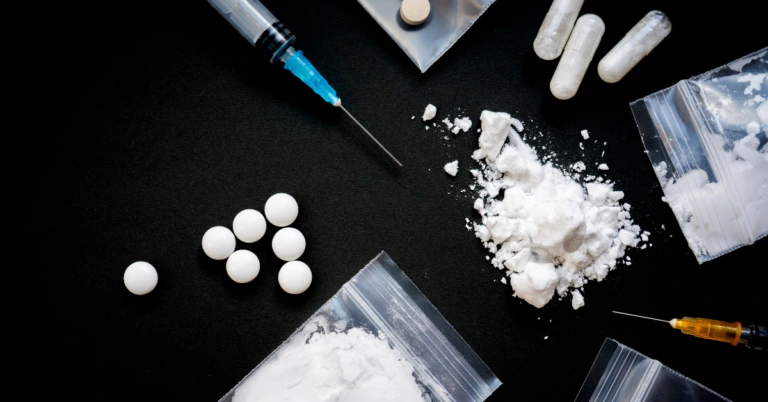3 Differences Between Binging and Habitual Drug Abuse
When it comes to drug and alcohol abuse and addiction, many people have misunderstandings that can derail their ability to see drug abuse and addiction in themselves and others. One of the areas of the most confusion is the differences between binging and habitual drug abuse. Many people are unaware of these differences as well as the difference between recreational drug use and addiction. In fact, the general public may be hard-pressed to give a habitual drug use definition. An easy working habitual drug use definition is continued and frequent drug use in excess of any prescription or recommended dosage. For illegal drugs, this is any regular or frequent use of the drug. Using this as a basic definition, get to know some of the differences between binging and habitual drug abuse.

Learn about the 3 differences between binging and chronic drug abuse- there is a difference.
1. A Binge Can Be A One-Time Occurrence
First among the many differences between binging and habitual drug abuse is the fact that binging could be a one-time occurrence. The definition of habitual drug abuse involves a repeated behavior over time. However, a teen or a college student could binge drink one night and then never abuse alcohol again in the future. Binging generally occurs over the course of hours or possibly days in some cases, where habitual use occurs over weeks, months, and years on a consistent basis.
2. Binging Does Not Necessarily Indicate A Need For Drug Abuse
Another of the differences between binging and habitual drug abuse is the sense of needing to consume or use drugs or alcohol. This is also a chief difference between recreational drug use and addiction. When a person is simply binging or using a drug recreationally, they are doing so of their own volition and by their own choice. When a person habitually abuses drugs and develops an addiction, they have a dependence on that substance. Their brain chemistry has actually changed and shifted so that they cannot function without consuming or using drugs on a regular basis. A need for drug abuse is a sign of habitual drug abuse and addiction while a lack of that physical need is generally characteristic of binging or recreational drug use.
3. Binging Can Be Symptom Of Habitual Drug Abuse And Addiction
While binge drinking or drug use are not the same as habitual drug abuse and addiction, it can be a sign or symptom of these issues. In fact, sometimes a person binging on alcohol or drugs can actually be a precursor to later addiction. When most people use drugs or alcohol recreationally, they do so within at least some accepted social limits. Having a few drinks at social gatherings, for example. However, binging is the consumption or intake of a substance to excess, sometimes to dangerous excess.
If a person is binging, it could be because they are trying to mask some kind of problem or pain or they are trying to avoid the issues in their daily life. This type of behavior can often lead to addiction as a person becomes first emotionally and then physically addicted to the addictive substance. As such, binging should be taken as a warning sign and potentially a symptom of habitual drug abuse and drug addiction.
Given all of these differences between binging and habitual drug abuse, you can better understand issues of drug and alcohol abuse and addiction and know what to look out for in yourself as well as the people in your life that you care about. Knowing the difference between recreational drug use and addiction will ensure that you seek out the help and guidance of addiction treatment professionals if and when you find that a person in your life has an addiction.






